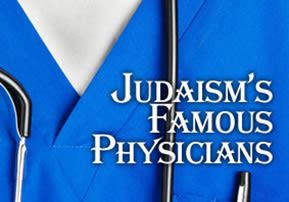
Judaism’s Famous Physicians
Many physicians are mentioned in the Gemara, such as Rabi Chanina, Rabi Yishmael, and Tudos Harofe, Mar Shmuel, Rav Chiya, Mar Bar Rav Ashi, Abaye, Rav Ami just to name a few…

Part 2 of Medicine in Judaism
We may certainly assume logically, that because medicine is sanctioned by the Torah, the practice of medicine must have been common in Biblical times as well. The Jewish medical tradition has indeed been a rich one, and has continued to the present day. Throughout European and Middle-Eastern history, 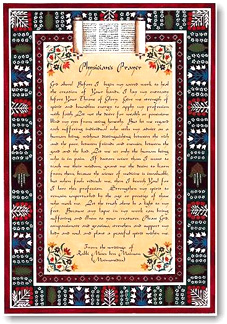 wherever Jewish culture has flourished, prominent Jewish doctors were to be found. In fact, in the Oral Torah, itself, there is a wealth of practical medical advice. Topics such as general hygiene, healthy habits of elimination, washing and bathing, exercise, and diet are extensively discussed. The Talmud tells us, for example, that “more people are killed by the cooking pot than suffer from starvation!” (Modern nutritionists and longevity experts currently echo this sentiment, and contend that more than any other factor, chronic under-eating influences longevity!) Specific ailments and their remedies are presented for numerous problems ranging from toothaches and stomach pain, to fever and heart complaints. Virtually every organ and system of the body is addressed . Yet because the Torah is essentially a book of religious Jewish law, medical matters are primarily discussed only as they pertain to the halachah (Jewish law) . As such, there is nowhere to be found in the Oral Torah, a systematic treatment of medicine, as one finds with the Egyptians, Mesopotamians, Greeks, or Romans.
wherever Jewish culture has flourished, prominent Jewish doctors were to be found. In fact, in the Oral Torah, itself, there is a wealth of practical medical advice. Topics such as general hygiene, healthy habits of elimination, washing and bathing, exercise, and diet are extensively discussed. The Talmud tells us, for example, that “more people are killed by the cooking pot than suffer from starvation!” (Modern nutritionists and longevity experts currently echo this sentiment, and contend that more than any other factor, chronic under-eating influences longevity!) Specific ailments and their remedies are presented for numerous problems ranging from toothaches and stomach pain, to fever and heart complaints. Virtually every organ and system of the body is addressed . Yet because the Torah is essentially a book of religious Jewish law, medical matters are primarily discussed only as they pertain to the halachah (Jewish law) . As such, there is nowhere to be found in the Oral Torah, a systematic treatment of medicine, as one finds with the Egyptians, Mesopotamians, Greeks, or Romans.
 wherever Jewish culture has flourished, prominent Jewish doctors were to be found. In fact, in the Oral Torah, itself, there is a wealth of practical medical advice. Topics such as general hygiene, healthy habits of elimination, washing and bathing, exercise, and diet are extensively discussed. The Talmud tells us, for example, that “more people are killed by the cooking pot than suffer from starvation!” (Modern nutritionists and longevity experts currently echo this sentiment, and contend that more than any other factor, chronic under-eating influences longevity!) Specific ailments and their remedies are presented for numerous problems ranging from toothaches and stomach pain, to fever and heart complaints. Virtually every organ and system of the body is addressed . Yet because the Torah is essentially a book of religious Jewish law, medical matters are primarily discussed only as they pertain to the halachah (Jewish law) . As such, there is nowhere to be found in the Oral Torah, a systematic treatment of medicine, as one finds with the Egyptians, Mesopotamians, Greeks, or Romans.
wherever Jewish culture has flourished, prominent Jewish doctors were to be found. In fact, in the Oral Torah, itself, there is a wealth of practical medical advice. Topics such as general hygiene, healthy habits of elimination, washing and bathing, exercise, and diet are extensively discussed. The Talmud tells us, for example, that “more people are killed by the cooking pot than suffer from starvation!” (Modern nutritionists and longevity experts currently echo this sentiment, and contend that more than any other factor, chronic under-eating influences longevity!) Specific ailments and their remedies are presented for numerous problems ranging from toothaches and stomach pain, to fever and heart complaints. Virtually every organ and system of the body is addressed . Yet because the Torah is essentially a book of religious Jewish law, medical matters are primarily discussed only as they pertain to the halachah (Jewish law) . As such, there is nowhere to be found in the Oral Torah, a systematic treatment of medicine, as one finds with the Egyptians, Mesopotamians, Greeks, or Romans.Interestingly, the Talmud does record, that up until the time of King Chizkiyahu (approximately 2,500 years ago, there existed a remarkable text called Sefer HaRefuot (The Book of Remedies), which, we are told, King Chizkiyahu hid away. When it was composed and by whom, is subject to controversy, but, nonetheless, all agree that it existed and was used extensively for at least 300 years until King Chizkiyahu’s time. (The Ramban, in his introduction to the Written Torah, tells us, for example, that it was composed by King Solomon.) Why did he hide it away? Was it because the remedies were ineffective? On the contrary, they were too effective! According to Rashi, the reason that King Chizkiyahu felt it necessary to hide the “Book of Remedies” was because, “when a person became ill, he would follow what was written in “The Book of Remedies” and be healed. As a result, people’s hearts were not humbled before Heaven because of illness.” According to Rashi, resorting to “The Book of Remedies” turned illness into nothing but a mechanical process. Yet, King Chizkiyahu understood that people are not machines, and though the remedies it contained would heal and resolve bodily illness, he wanted people to understand, that a human being is made up of a body as well as a soul. He understood, in his wisdom, that when the body is sick, the soul is also going to be sick as well, and vice-versa. According to the Rambam, there was a different problem: “The Book of Remedies” was a speculative reference book based upon Canaanite astrology. It was only to be used as a text for acquiring theoretical information, and was never intended by its author, nor permitted by the Torah, to be used for actual healing. Hypothetically, when patients would draw certain “shapes” at specific hours, and corresponding to particular constellations, they would be healed. However, though this knowledge was permitted to study, it was absolutely forbidden to apply practically. When people began to engage in this forbidden healing art, Chizkiyahu felt it necessary to take action. How pitiful to consider that even back then, desperate people would pursue any means, even the occult to alleviate suffering. Might we perhaps apply the same caution today when confronted with “New Age” occultists who offer us “the moon”?
With the exception of the Sefer HaRefuot, and aside from the the physicians mentioned in the gemara (for example, The Tannaim: Rabi Chanina, Rabi Yishmael, and Tudos Harofe, and the Amoraim: Mar Shmuel, Rav Chiya, Mar Bar Rav Ashi, Abaye, Ben Achiya, Rav Ami and Minyumi), the first known Jewish physicians to occupy themselves with the literary aspect of medicine, to the best of my knowledge, were Asaph Harofeh who lived in the 7th century and wrote in Hebrew, and the Jewish physicians of Arabia who wrote in the 9th 10th and 11th centuries.
The most famous of all codifiers of Jewish Law, Rabbi Moses Maimonides (the Rambam), also served as the chief physician to the Sultan of Egypt in the 12th century. Maimonides, a prolific author, wrote ten medical works including critical analyses of the writings of Galen and Hippocrates, an extensive Medical book, “Pirkei Moshe” comprised of 25 chapters dealing with different areas of medicine such as anatomy, physiology, pathology, symptomatology, and diagnosis, etiology of disease and therapeutics, fevers, blood letting, laxatives, surgery, gynecology, hygiene, exercise, bathing, diet, drugs and medical curiosities. In addition, Maimonides wrote books on hemorrhoids, cohabitation, asthma, poisons and their antidotes, seizures, a Materia Medica, and his brief, yet authoritative book on diet and lifestyle, “Hanhagas Habrius.”
Also a trained physician, Rabbi Moshe Nachmanides (The Ramban) used his commentary on the Torah to express his medical philosophy:
“The righteous of the earlier generations did not consult physicians. Since they realized that sin causes sickness, they would go to a prophet to find out what transgression caused their illness. Thus, we see that King Chizkiyahu consulted the Prophet Yeshaya when he was sick. (Melachim 2 20:1-3) He did not consult a physician. Even after the destruction of the Second Temple there were those who conducted themselves in this fashion. The Gemara (Horios 14a) states that during the twenty-two years that Rabbah led the Jewish People, Rav Yosef never consulted a physician. In the ancient world, the righteous would rely solely on Ha-Shem to heal them. Those who were not as righteous would consult physicians concerning their health and seek natural means for cure. Ha-Shem would bring their cure through natural means. Ha-Shem conducted Himself with each individual according to the path that the individual chose for himself. (Berachos 60a) The Torah gives a physician permission to heal. It does not give a patient explicit permission to consult a physician.” (Ramban on Vayikra: 26:11)
In addition to The Rambam and the Ramban, among the great medieval Jewish scholars, Rabi Avraham ben HaRambam, Rabi Yehuda Halevi, The Ran, Rabi Shmuel Ibn Tibon, Rabi Moshe Ibn Tibon, and Rabi Yosef Albo and the Seforno were all practicing physicians.
The two giants of modern European Jewish history, the Baal Shem Tov and the Vilna Gaon each had strong opinions on the practice of medicine. It is told that once the Vilna Gaon went to visit his brother, Reb Yissachar Dov, who was sick. Two doctors happened to be present. The Gaon turned to his brother and asked, “Why do you need doctors, surely Hashem heals the sick?” One of the doctors interjected, “Did Hashem create doctors and medicines for nothing?” “And why did Hashem create pigs,” retorted the Gaon, “Not for consumption by Jews! So too with doctors: maybe the gentiles go the them, but for the Jews, Hashem is the Healer of the sick and Creator of remedies”.
On the other hand, the Baal Shem Tov was recognized as both a spiritual healer as well as a physician. It is recorded in Shivchei HaBesh”t that a prominent doctor came to visit a countess. The countess lavishly praised the Baal Shem Tov as a great man and an expert healer. The doctor asked the countess to send for the Baal Shem Tov. When he came, the doctor asked him if it was true that he was an expert physician. “True” answered the Baal Shem Tov. “From where did you learn. Who was your professor?” asked the doctor. “Hashem taught me”, answered the Baal Shem Tov. The doctor laughed heartily and asked if he knew how to take pulses. The Baal Shem Tov answered that “I myself suffer from a certain problem. You take my pulse, and see if you can determine what it is, and I’ll take yours and we will see what it reveals.” The doctor took the Baal Shem Tov’s pulse, and could tell that there was some kind of problem, but he didn’t know what it was. The truth was, that the Baal Shem Tov was sick– he was “love-sick” for Hashem, (Shir HaShirim 2:5), but this was beyond the doctor’s understanding. Subsequently, The Baal Shem Tov took the doctors hand to examine his pulses. The Baal Shem immediately turned to the countess and asked her if they had had a burglary. He went on to mention a number of precious items. “Yes”, answered the countess, “it’s some years since they were stolen, and I have no idea where they are.” “Send to the doctor’s lodgings and open his chest. You will find everything there, because I can feel the theft in the doctor’s pulse.” The countess sent to search the doctor’s lodgings and found all the stolen goods, exactly as the Baal Shem Tov had said. The doctor left in disgrace.
To be continued.
***
Yehuda Frischman is licensed to practice Acupuncture and Oriental medicine by the California state Acupuncture Board. He is a graduate of Dongguk Royal University (2004) with a Master of Science degree in Oriental Medicine. His website is www.traditionaljewishmedicine.net.








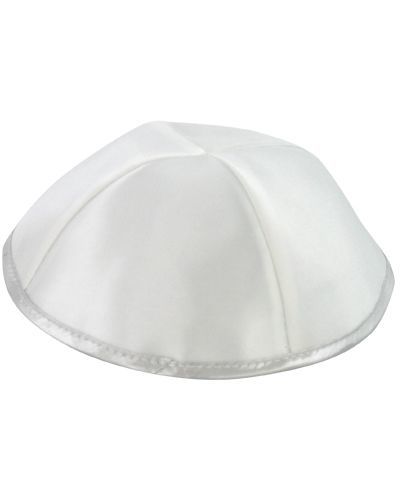
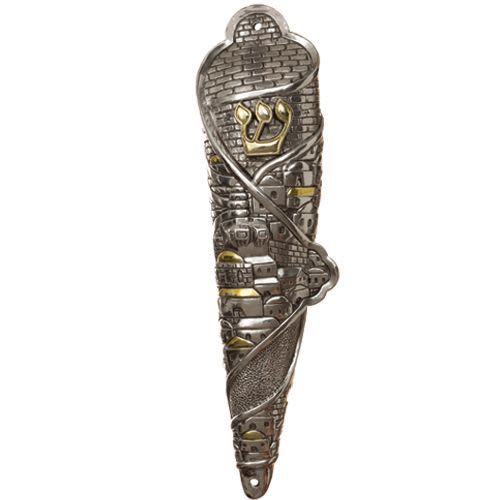

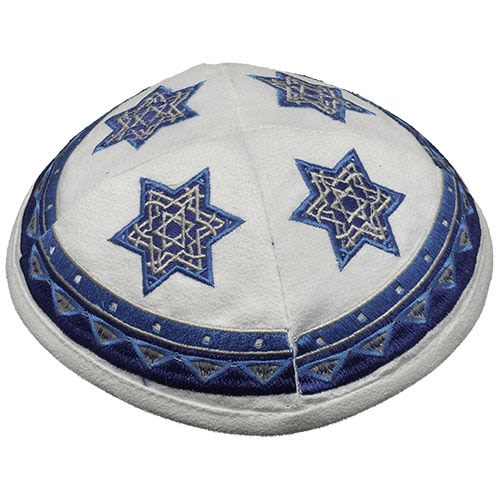
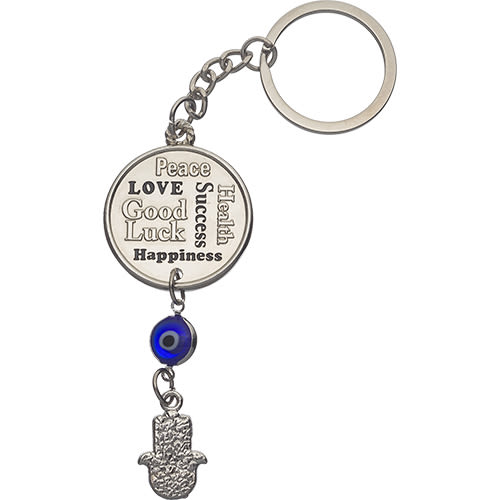
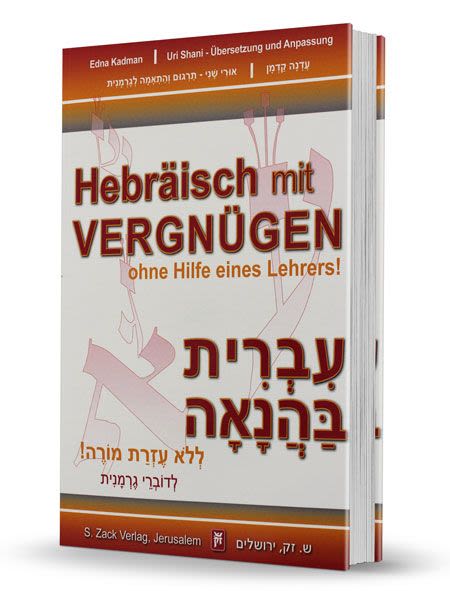
Tell us what you think!
Thank you for your comment!
It will be published after approval by the Editor.